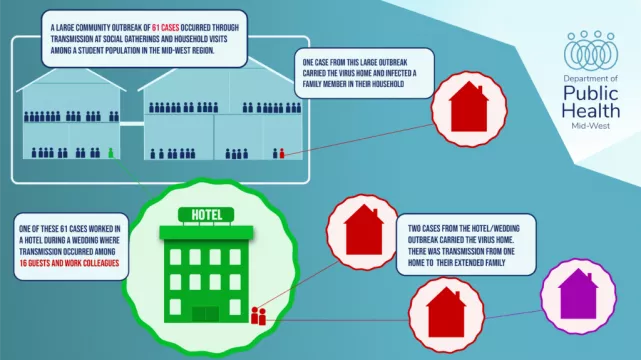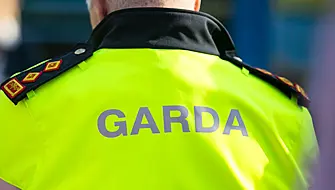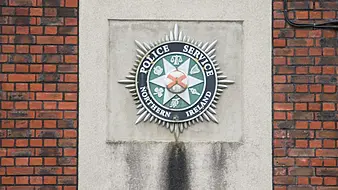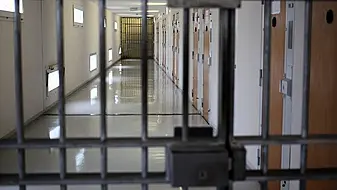The Department of Public Health has expressed concerns over increases in coronavirus transmission in the mid-west region, linked to social gatherings involving students.
Public Health Mid-West appealed for people to follow Covid-19 guidelines during what it termed as “a critical period” of the pandemic.
The department said it identified “a growing number of social gatherings that have led to new infections and outbreaks in recent weeks” which included non-essential household visits and large social gatherings.
It highlighted two such outbreaks that led to a significant number of cases and further clusters in different settings, prior to the third wave.
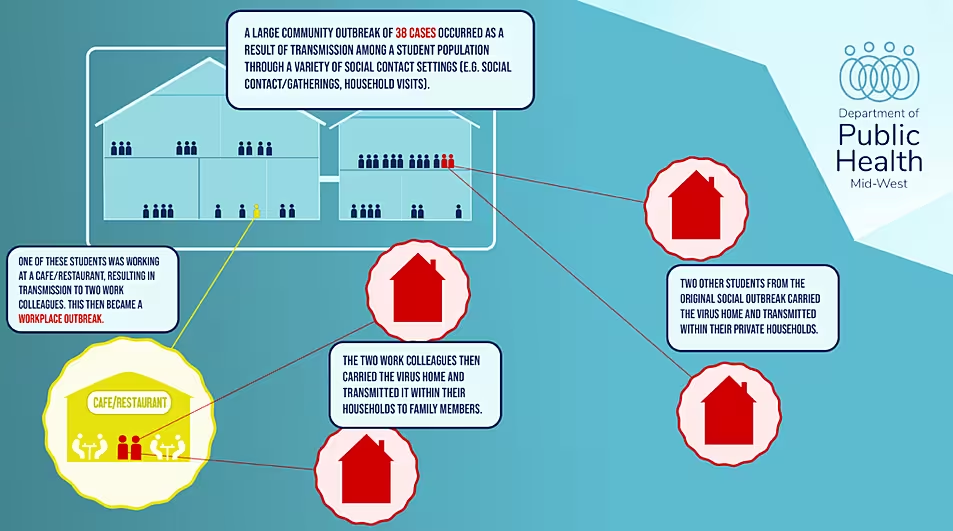
One community outbreak of 38 cases “occurred as a result of transmission among student population through a variety of social contact settings”.
“One of the cases worked at a café/restaurant where transmission to two work colleagues occurred, causing a workplace outbreak. These two work colleagues spread the virus to family members within their households.”
A second “community outbreak of 61 cases occurred through transmission at social gatherings and household visits among the student population”.
“One of these cases worked at a hotel during a wedding, and transmission occurred among 16 wedding guests and work colleagues.”
“Two cases in this further outbreak spread the virus within their households. There was transmission from one home to their extended family. One student in the initial outbreak went on to infect a family member in their household.”

Dr Mai Mannix, director of Public Health Mid-West, said the two outbreaks highlighted by the department “are just two of many incidents where social events have led to very complex outbreaks in the region”.
“December saw a significant number of social gatherings of all age groups, resulting in a concerning level of illness and death this month; we do not want to repeat that, as we are still managing and investigating outbreaks among our most vulnerable,” said Dr Mannix.
As testing for close contacts resumes, the department’s priority “is to bring infection numbers to a minimum in the community to allow us to respond effectively to those who need our help the most”.
On January 19th, there were 198 Covid-19 cases recorded in the mid-west region, dropping to 60 on February 1st.
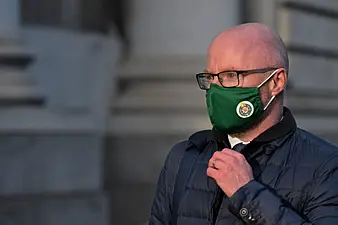
Dr Mannix said that despite a reduction in daily cases numbers “it only takes a small number of incidents to undo the hard work of the majority and it is important not to undo our efforts to date.”
Dr Marie Casey, a specialist in public health medicine who works directly with third-level institutions in the region, said there was initial evidence of student clusters surfacing again. She urged all students to act responsibly by adhering to public health guidelines.
“We know that it is a very trying time for students with the current restrictions in place, we acknowledge the numerous sacrifices they have made over the past 11 months, and we understand the urge to visit friends and classmates in the current circumstances, however, whether you are a student or not, household visits or gatherings should not be taking place at this time,” Dr Casey said.
“I have seen on numerous occasions how an innocent social visit to a household has led to serious outbreaks, and with the current high levels of community transmission, this can happen again if we are not vigilant.”
